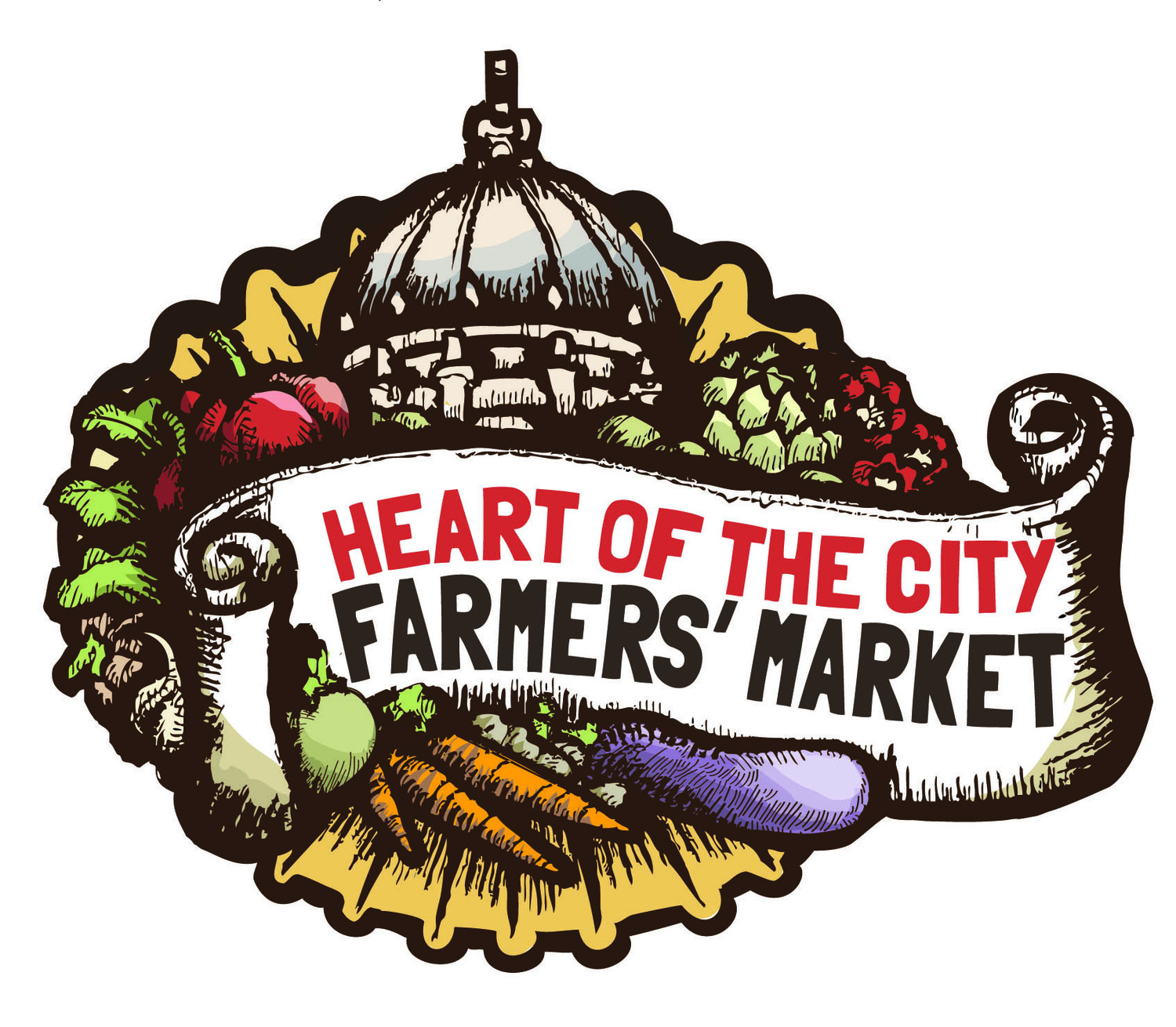(SAN FRANCISCO, CA) – Flanked by supporters at a bustling farmers’ market, Assemblymember Phil Ting (D-San Francisco) called on Governor Jerry Brown to sign legislation helping California obtain millions in federal funds to provide incentives for low-income Californians receiving food stamps to shop at farmers’ markets.
Ting’s AB 1321 passed the Assembly 60-18 and the Senate 30-8. It awaits Brown’s signature or veto by October 11.
The call for Brown to sign AB 1321 came on the eve of a federal government shutdown. If Congress fails to pass a budget to fund the federal government starting October 1, the U.S. Department of Agriculture has indicated it will not have the resources needed to administer the food stamp program.
“We must improve access to nutritious food. The healthiest choice should be the easiest choice,” said Ting. “Diet is the foundation for health. By harnessing the power of farmers’ markets, we can fight malnutrition and expand access to our state’s bounty. Heart of the City shows us what we can achieve to help families in need. We need Governor Brown to sign this bill. We need Congress to avoid a federal government shutdown so families don’t go hungry.”
Ting’s bill was inspired by the Market Match program. Now administered by the Berkeley-based Ecology Center, Market Match operates at over 150 farmers’ markets across California. It “matches” or doubles the purchasing power of families receiving food stamps – aka the CalFresh Program or Electronic Benefit Transfer (EBT) or the Supplemental Nutrition Assistance Program (SNAP) - shopping at farmers’ markets. This incentive has increased food stamp purchases at farmers’ markets up to 700 percent.
“We help thousands of low-income customers afford more fruits and vegetables at the heart of the most expensive city in the nation,” said Kate Creps, Executive Director of San Francisco’s Heart of the City Farmers’ Market, which makes the most food stamp transactions of any farmers’ market in the state. “EBT sales have increased by a third after offering Market Match starting in June. This is a welcome source of additional revenue for small farmers struggling to survive the worst drought in California’s history.”
In order to expand Market Match, AB 1321 directs the state’s Department of Food and Agriculture to obtain federal funding to provide incentives for food stamp recipients to consume more fresh produce by shopping at farmers’ markets. The federal farm bill of 2014 set aside $100 million for this purpose through the Food insecurity Nutrition Incentive (FINI) program.
Other states have taken a leadership role in obtaining these funds for their residents. Their success shows the need for California to do the same, as directed through Ting’s bill. In April, the federal government announced the first found of FINI grants. Many of the largest grants went to states like Washington and Massachusetts, which coordinated state efforts targeting these funds.
“We should be getting more of these funds,” added Ting. “California is positioned to benefit from this program more than any other state because of our network of farmers markets and poverty challenges.”
"With AB 1321, the Legislature and the Governor will create a pathway for all California's farmer markets to offer Market Match nutrition incentives and will have set the stage for every small grocery store to eventually do the same,” said Michael Dimock, President of Roots of Change. “This bill improves the lives of our state’s hungriest families and most hard working farmers. We encourage Governor Brown to sign the bill and brighten California’s future."
“The Latino Coalition for a Healthy California applauds Assemblyman Ting on his forward looking legislation that will help vulnerable populations in California to meet their nutritional needs,” said Xavier Morales, Executive Director of the Latino Coalition for a Healthy California. “AB 1321--Market Match--will be a valuable tool to both increase access to healthy food options for CalFresh recipients, as well as support our farmers’ markets, and our small scale farmers. AB 1321 will be a Win-Win-Win for California!”
With over 400 commodities in production, California has unparalleled agricultural diversity. It also has over 700 farmers’ markets - the largest network of any state. Over 11 million Californians live in poverty and 4 million struggle with food insecurity - or inadequate access to sufficient, safe, and nutritious food.
Here is what other supporters are saying about AB 1321:
“While California is now the world’s 7th largest economy, we still have the highest poverty rate nationally. Limited resources for purchasing food has a dramatic impact on health and increases the risk of developing preventable chronic diseases, like diabetes, with disproportionate impacts on communities of color in California.”
-Martin Bourque, Executive Director, Ecology Center
“We believe that California and the nation will be more healthy and resilient if we enhance food system infrastructures that make healthy food accessible and affordable. This bill contributes to the physical health of individuals, the economic health of small farms and rural communities. It is a win-win solution that cannot be missed.”
-Matthew Marsom, Vice President for Public Policy and Programs, Public Health Institute
“A 2013 evaluation of Market Match reported an average six-fold return, and serves a local economic development strategy for farming communities up and down the state. Participating growers have cited additional income from incentives as the reason for adding staff or acreage.”
-Ben Feldman, Chair, California Alliance of Farmers’ Markets
“Economic support for organic farmers is critical during these times of extreme drought and climate change because they conserve water, improve soil quality, sequester carbon, increase biodiversity, create pollinator habitats, and build drought resilience. Thus, we support AB 1321 because it offers economic support for organic farmers who work to improve California’s environmental health.”
-Kelly Damewood, Policy Director, California Certified Organic Farmers
“Ensuring that individuals and families have ready access to essential resources, such as nutritious food, helps households lead healthy, productive lives- and keep struggling Californians from falling further into poverty.”
-Alexis Fernandez, Director of Legislation, California Food Policy Advocates
Read more at a19.asmdc.org.


